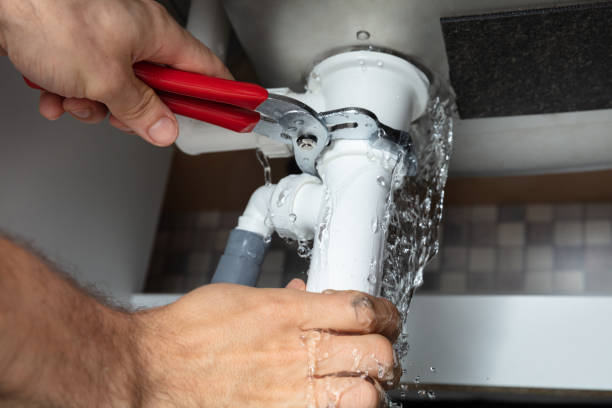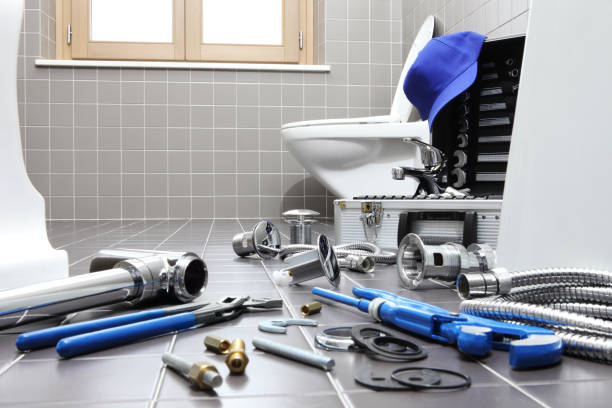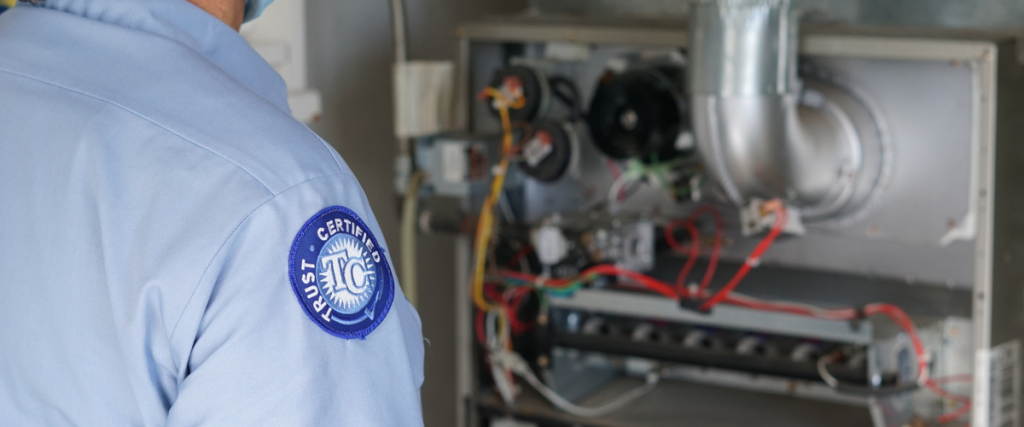HVAC DO-IT-YOURSELF TIPS
When purchasing or maintaining your HVAC system, you can never have enough resources. Whether you have questions on how to improve your system’s performance or overall energy efficiency or you’re looking for ways to save on the purchase of HVAC equipment, we provide resources to reward customers looking to improve their energy efficiency.
Our goal is to empower homeowners to make the right decisions for their home comfort through education and quality customer service. In addition to our blog, which we update monthly, we have also put together some more comprehensive resources for helping homeowners make smarter choices about HVAC products and services.

DO-IT-YOURSELF TIPS

Not everything in HVAC can or should be done by a non-professional. It’s not safe or recommended for you to DIY all the needed maintenance or repairs that your system could require.
However, we are happy to help you save where you can and DIY what you can by following our expert tips!
With the proper maintenance and care, your heating and cooling equipment will operate dependably for many years. There are a few maintenance operations you can do yourself to help ensure the best performance.
Alert: Failure to comply with all manufacturer’s instructions may result in fire or combustion that can cause property damage, serious injury or death. Before you perform any kind of maintenance, disconnect all electrical power to the unit before removing access panels; and be alert for sharp edges when handling parts or reaching into units. If performing maintenance not included in the list below, check with a our representative to determine if the service will void manufacturer’s warranties and guarantees. It’s better to be safe than sorry.
DON’T WANT TO DO IT YOURSELF?
Check Filter – Check the air filter in your furnace or fan coil each month. A dirty filter will cause excessive wear on your furnace, air conditioner or heat pump. Replace your filter when necessary, or clean it if you have the reusable type. (If you have a reusable filter, make sure it’s completely dry before you re-install it.)
Remove Debris – Keep your outdoor condensing unit free of debris. If you keep grass clippings, leaves, shrubbery and debris away from your outdoor unit, it should only require minimal care. Check the base pan (under the unit) occasionally and remove debris, to help the unit drain properly.
Brush Exterior – If the exterior of your outdoor coil becomes dirty, use a brush or a vacuum cleaner with a soft brush attachment to clean the surface. To clean dirt that is deep in the coil, contact a Brody-Pennell representative to schedule maintenance.
Check Level – Make sure your outdoor coil stays in a level position. If the support for your outdoor coil shifts or settles and the unit is no longer level, re-level it to make sure moisture drains properly out from under the unit.
Inspect Ventilation – Inspect your furnace’s combustion area and vent system before each heating season. If you find dirt, soot or rust, your system may not operate properly or at its peak efficiency. Call Brody-Pennell and do not operate your furnace until it is professionally inspected and/or repaired.
Clean Humidifier – Clean your humidifier at the beginning of every heating season. Review your owner’s manual for the proper procedure to clean the evaporator pad and external components.
Clean Air Cleaner – The pre-filter and collection cells of an electronic air cleaner should be cleaned at least two or three times per year.
MONEY SAVING TIPS
Programmable Thermostat – With a programmable thermostat you can program winter temperature at 65º at night, then back to 72º during the day. This simple program can save up to 15% on heating bills. If you need your furnace professionally serviced or inspected, call Brody Pennell Heating & Air Conditioning. We service and maintain all makes and models of air conditioners, furnaces and heat pumps.
Insulation – Be sure your home is adequately insulated. Adding insulation to attic areas is usually pretty easy. Other areas, such as outside walls, provide a more challenging project if extra insulation is needed.
Seals – Check the seals around windows, doors, electrical outlets or any other potential sources for escaping air. Seal these areas using a good quality caulk, and be sure to re-examine your handiwork every few years.
Weather Stripping – Inside your home, weather stripping around moving parts of windows and doors can help seal off potential areas of leakage or drafts. Storm Systems – Storm doors and windows can provide additional energy savings by preventing air loss and by creating an insulating layer of air.

The Best HVAC Specialist in Denton, TX
We Offer the following service in Denton, TX
- Denton AC Repair
- Denton AC Installation
- Denton AC Replacement
- Denton AC Parts
- Denton AC Maintenance
- Denton Commercial HVAC
- Denton Air Duct Cleaning
- Denton Heating Repair Service
- Denton Heating Installations
- Denton Heating Maintenance
- Denton Heating Contractor
- Denton Furnace Repair
- Denton HVAC Contractor
- Denton Furnace Installation
- Denton Furnace Replacement
- Denton Furnace Parts
- Denton Heat Pump Repair
- Denton Heat Pump Installation
- Denton Heat Pump Replacement
- Denton Heat Pump Parts
- Denton Boiler Repair
- Denton Boiler Installation
- Denton Boiler Parts
- Denton Boiler Replacement
- Denton Indoor Air Quality
- Denton Air Cleaners
Contact
Contact our specialist

